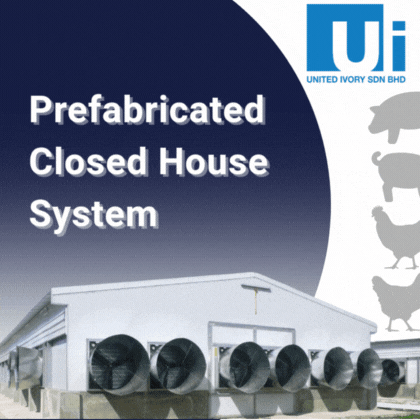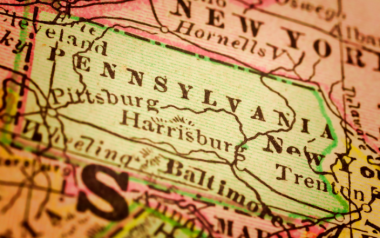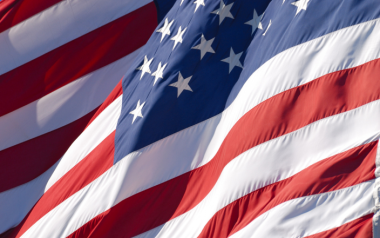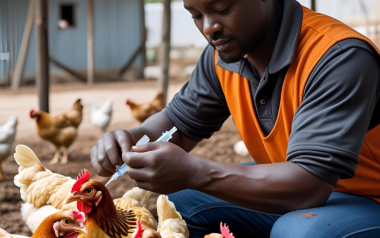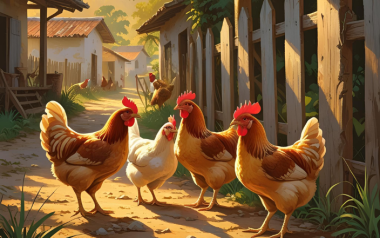23 May 2025
Singapore’s poultry supply unaffected by AI outbreak in Brazil
Singapore does not import poultry or poultry products from the Brazilian farm recently hit by a highly contagious strain of bird flu, the Singapore Food Agency and Animal & Veterinary Service confirmed on May 19.
Singapore does not import poultry or poultry products from the Brazilian farm recently hit by a highly contagious strain of avian influenza (AI), the Singapore Food Agency (SFA) and Animal & Veterinary Service (AVS) confirmed on May 19.
The agencies assured the public that stringent food safety measures are in place to mitigate risks from global outbreaks.
Food safety and security protocols
In a joint statement, the agencies stressed that import arrangements with Brazil include strict protocols in case of an outbreak.
These measures include suspending imports from affected farms and surrounding buffer zones, while allowing imports from unaffected regions to continue.
The agencies reiterated that Singapore’s poultry supply remains due to diversification, a key pillar of the country’s food security strategy.
“Diversification reduces the impact of disruptions from any single source, as importers can quickly pivot to alternative suppliers,” they said.
“We work with the industry to accredit new sources of poultry that meet Singapore’s stringent food safety standards,” they added.
However, AVS and SFA acknowledged that fluctuations may occur due to disease outbreaks or global supply disruptions.
Brazil outbreak and its impact
The statement follows the confirmation of an outbreak of a highly pathogenic avian influenza (HPAI) at a commercial poultry farm in Brazil— the world’s top chicken exporter—on May 16.
HPAI strains can spread rapidly, devastating flocks within days. Some strains are also transmissible to humans through direct contact with infected birds or contaminated surfaces.
In response, countries including China, the EU, and Japan have announced partial poultry import bans from affected regions in Brazil.
Singapore relies heavily on imported food and counts Brazil among its top suppliers of chicken.
SFA statistics show that between 2019 and 2021, Brazil accounted for nearly half of Singapore’s chicken imports.
Other sources
However, Singapore sources poultry from 30 accredited countries including Indonesia, Thailand, Denmark, and Malaysia, ensuring a diversified supply chain.
“If supply from any source is disrupted, we will work with the industry to increase imports from other accredited sources,” the agencies said.
Following the outbreak in Brazil’s southern state of Rio Grande do Sul, where 17,000 chickens have either died or been culled, Brazilian authorities have intensified containment efforts.
As of May 17, 450 tons of eggs had been destroyed, and a 10km surveillance zone established around the outbreak site in Montenegro.
Previous measures
SFA noted that Singapore typically enforces targeted import restrictions during such outbreaks.
For instance, in 2023, AI cases in four Japanese prefectures prompted Singapore to suspend raw poultry imports from those regions, permitting only heat-treated products deemed safe.
Supply chain disruptions can have widespread effects. When Malaysia banned chicken exports in 2022 to stabilize its domestic supply, Singaporean vendors were hit with rising costs, forcing some to pause operations. In response, SFA swiftly approved Indonesia as a new source of poultry.
The agencies reiterated that food safety remains their top priority and that they continue to monitor the global situation closely.





